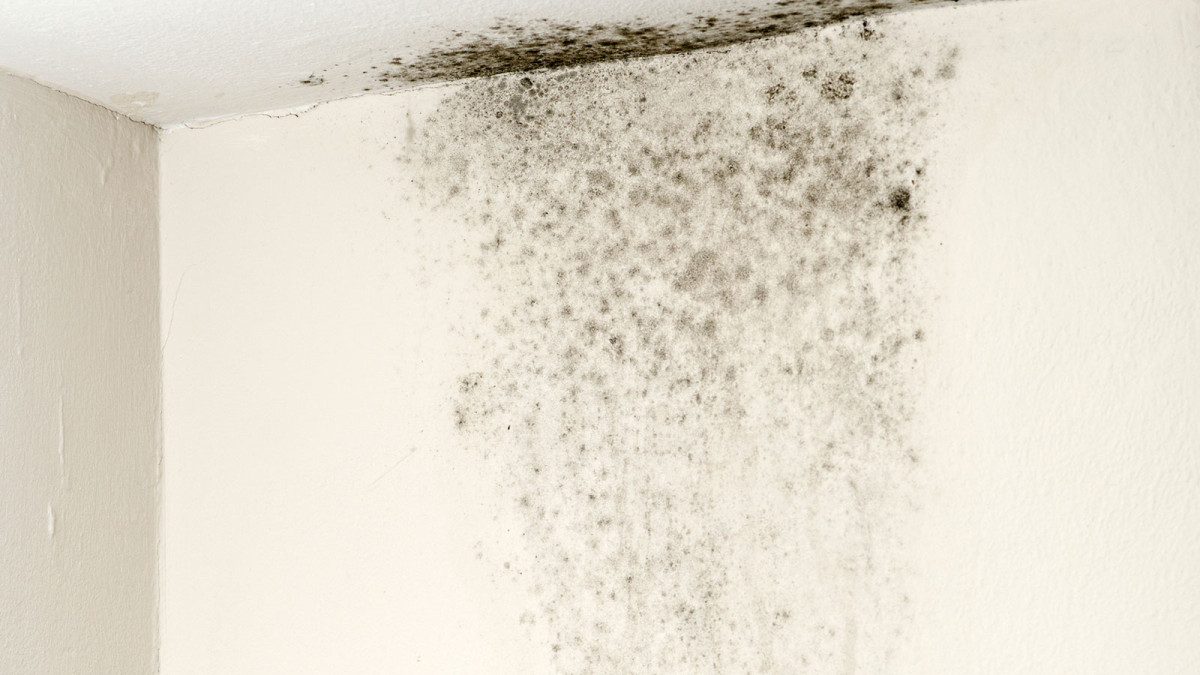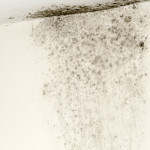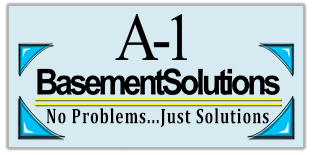Mold can be a persistent and harmful issue for homeowners in New Jersey. With its humid summers and frequent rainfalls, the state provides an ideal environment for mold growth. Mold not only damages property but also poses health risks to those exposed to it. To combat this problem, specific mold remediation techniques tailored to New Jersey’s climate and housing types are crucial. In this article, we will explore effective mold remediation techniques that address the unique challenges posed by mold in the Garden State.
Understanding the Mold Problem in New Jersey
New Jersey’s diverse climate, with its hot and humid summers, provides the perfect breeding ground for mold. It thrives in moisture-rich environments, making homes and buildings vulnerable, particularly during the wetter months. Mold can infiltrate walls, ceilings, and even HVAC systems, causing structural damage and adverse health effects.
Identifying the Type of Mold
Before initiating mold remediation, it is essential to identify the type of mold present. Common molds found in New Jersey include Stachybotrys (black mold), Aspergillus, Penicillium, and Cladosporium. Each type may require different remediation methods, so accurate identification is crucial. Professional mold testing services can provide this critical information.
Assessment and Containment
Once the type of mold is identified, the next step is to assess the extent of the infestation. Mold remediation experts will conduct a thorough inspection to determine the affected areas. Containment is vital to prevent further spread of mold spores during remediation. Professionals use plastic sheeting and negative air pressure systems to isolate contaminated areas.
Moisture Control
One of the primary reasons for mold growth in New Jersey is excess moisture. Effective moisture control is essential for mold prevention and remediation. This includes fixing leaks, improving ventilation, and using dehumidifiers to maintain optimal indoor humidity levels.
Removal of Mold-Infested Materials
Mold can grow on various surfaces, including drywall, wood, and insulation. In cases of severe infestations, the removal of mold-infested materials may be necessary. This can include the complete replacement of drywall, insulation, or even structural elements in extreme cases. Mold remediation professionals will safely remove and dispose of these materials.
Cleaning and Disinfection
Once mold-infested materials are removed, the affected area must be thoroughly cleaned and disinfected. Specialized cleaning agents and equipment are used to eliminate mold spores and prevent their return. Cleaning extends beyond visible mold; it also targets hidden mold in cracks and crevices.
HEPA Filtration
High-efficiency particulate air (HEPA) filtration is a crucial component of mold remediation in New Jersey. HEPA filters capture tiny mold spores and prevent them from circulating in the air. Mold remediation professionals use HEPA filters in air scrubbers and vacuums to ensure the removal of mold spores from indoor environments.
Sealing and Encapsulation
To prevent future mold growth, sealing and encapsulation may be necessary. This involves applying a mold-resistant coating to surfaces that are prone to mold infestation, such as wood and concrete. This barrier prevents moisture and mold spores from infiltrating the material, reducing the risk of future mold issues.
HVAC System Cleaning
Mold can often infiltrate heating, ventilation, and air conditioning (HVAC) systems, spreading mold spores throughout the property. Mold remediation in New Jersey must include the inspection and cleaning of HVAC systems to ensure they are free from mold contamination. This step is critical for maintaining healthy indoor air quality.
Preventive Measures
Effective mold remediation in New Jersey goes beyond just removing existing mold; it also involves implementing preventive measures to reduce the likelihood of future infestations. Some preventive strategies include regular maintenance, improved ventilation, and maintaining proper humidity levels in your home.
Regulations and Guidelines in New Jersey
Mold remediation in New Jersey is subject to specific regulations and guidelines set forth by the state. Homeowners and contractors must adhere to these regulations to ensure safe and effective mold removal. The New Jersey Department of Health provides valuable resources and information to help navigate these regulations.
Mold remediation in New Jersey presents unique challenges due to the state’s climate and housing types. Identifying the type of mold, assessing the extent of the infestation, and implementing effective containment and remediation techniques are crucial steps in addressing mold issues. Additionally, preventive measures and compliance with state regulations are essential for maintaining a mold-free environment in New Jersey homes and buildings. By following these specific mold remediation techniques, residents can protect their property and health from the harmful effects of mold in the Garden State.
Contact the Professionals at A-1 Basement Solutions Today! 908-322-1313





